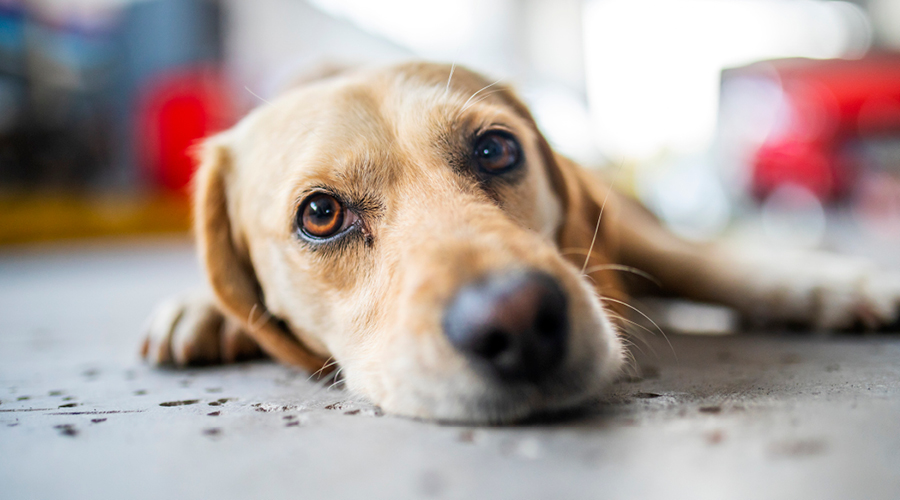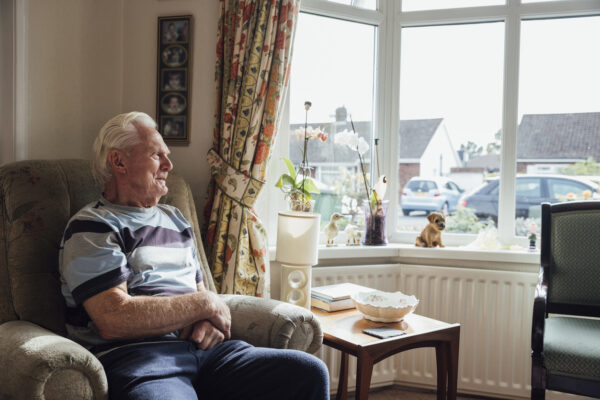

Many owners form close bonds with their pets. But what would happen if they were no longer around to take care of them?
Under the law, pets are considered personal property and cannot legally inherit assets. Once you die, your pet becomes part of your estate and will be distributed according to your will. Without a clear plan, they could end up with someone you did not intend or even in a shelter.
Considering this, it’s important to plan ahead so your pets are taken care of as you wish. There are several ways to do this:
Gift your pet to someone in your will
As your pet is legally considered your possession, you can gift them to someone in your will.
Naming someone to care for your pet once you’re gone is the simplest way to ensure your wishes are followed. You may also decide to specify a sum of money for them to inherit, to help with the ongoing costs of looking after your pet, on the condition that they accept responsibility for them.
The named individual can decline to accept the pet but, in this case, they would also forfeit the financial gift.
Set up a non-charitable purpose trust
Another option is to establish a non-charitable purpose trust in your will, which offers an alternative if you’d prefer not to gift your pet to someone directly.
You can use this trust to appoint a caregiver for your pet and a trustee to manage the funds for their ongoing care. The trust can stipulate exactly how the money is used and what should happen to the funds after your pet dies – for example, you might like the money to be donated to charity or passed to another person.
Non-charitable trusts have a 21-year limitation and once this time has lapsed, the trust will come to an end; so, keep in mind, if your pet lives longer than this, there would be no provision to look after them after this time is up.
Write a letter of wishes
A letter of wishes is an informal document that accompanies your will, which you can use to communicate your preferences regarding your pet’s care. You may like to include details about how they should be looked after and who you’d like to care for them, for example.
However, it’s important to note that this is not a legally binding document so could be ignored by the executor administering your estate. As this means there’s no guarantee your pet will be cared for how you instructed, the best option is to have a formal arrangement in place.
What happens to your pet if you don’t have a will?
If you don’t make any provisions for your pet when you’re gone, they will become part of your residuary estate and distributed along with your other personal possessions.
Your executor or administrator then has the power to decide what happens to your pet. They could rehome them or surrender them to a shelter, which may not reflect your wishes.
It’s therefore advised to set out clear instructions for what you would like to happen to your pet when you’re gone.
Next steps for pet owners
Consider which of these options best suit your wishes for your pet and start to put provisions in place, including a valid will.
It’s a good idea to discuss your wishes with the person you want to take over your pet’s care, so they can be prepared and you can be reassured that they will honour your wishes when the time comes.










